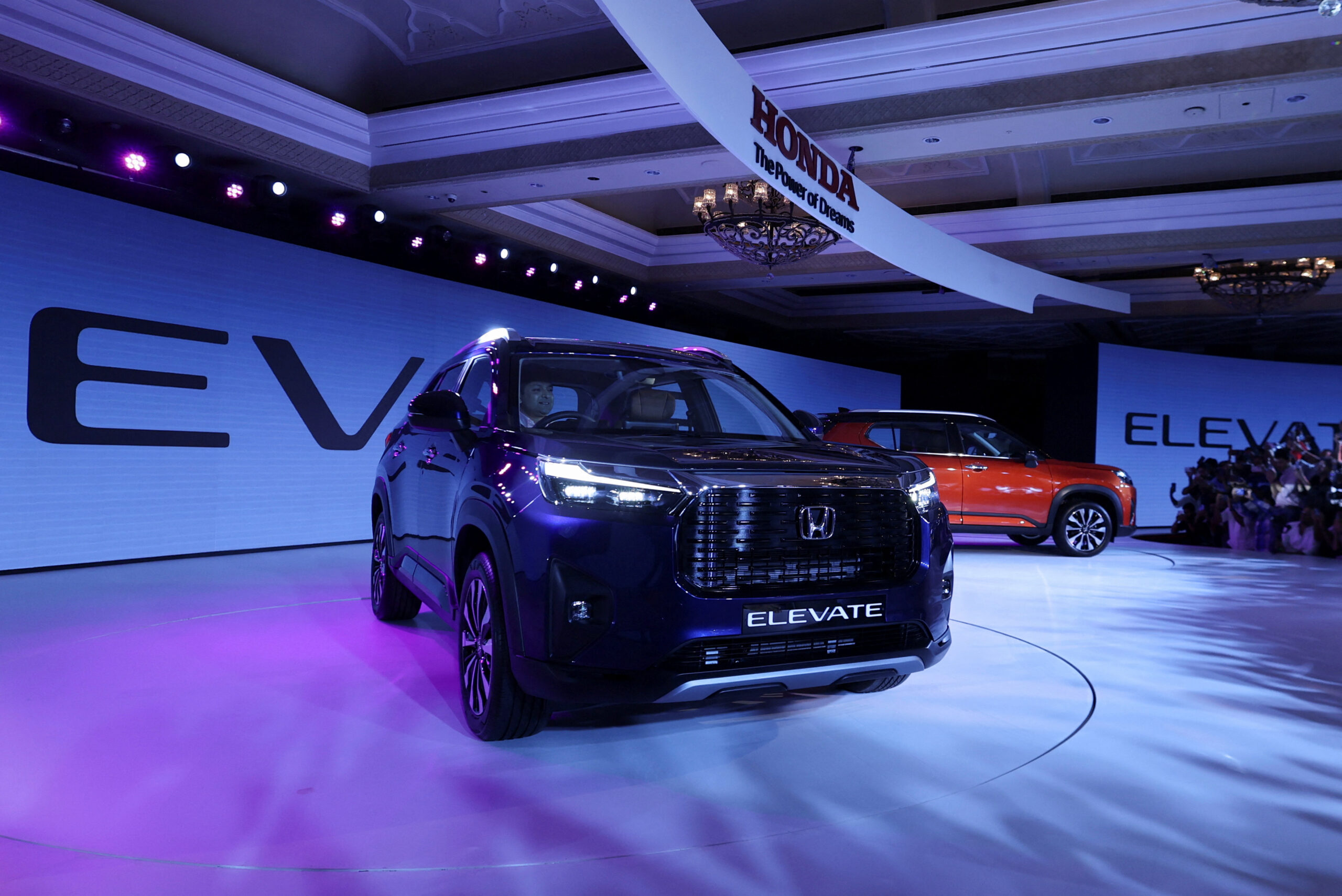TOKYO (Reuters) – Toyota, Honda, and Suzuki are investing billions of dollars to build new cars and factories in India, signaling the country’s growing importance as a manufacturing hub. This shift reflects Japanese automakers’ efforts to redraw global supply chains and reduce dependence on China.
Toyota, the world’s largest carmaker, and Suzuki, the leader in the Indian market with almost a 40% share, have separately announced investments totaling $11 billion to enhance manufacturing and export capabilities in the world’s third-largest auto market. Meanwhile, Honda recently revealed plans to make India a production and export base for one of its upcoming electric cars.
India’s low costs and vast labor pool have long attracted manufacturers. Now, Japanese automakers are stepping up operations as they pivot away from China, both as a market and manufacturing base, according to multiple industry executives.
Another advantage is that India remains almost entirely closed to Chinese electric vehicles (EVs). This means Japanese carmakers, at least for now, won’t face intense competition from Chinese firms like BYD. Chinese EV makers have engaged in brutal price wars that have made it difficult to turn profits at home. Adding to the challenge, these Chinese carmakers are expanding overseas, snatching market share from Japanese rivals in Southeast Asia.
“India is a good choice as a replacement market for China,” said Julie Boote, an autos analyst at Pelham Smithers Associates in London, citing low profit margins in China. “For the time being, the Japanese think it’s a much better market because they don’t have to deal with the Chinese competitors.”
Additional draws include improved quality of India’s manufactured goods and incentives from Prime Minister Narendra Modi’s government, executives said. Toyota and Suzuki each hold majority ownership of their Indian units, while Honda owns 100% of its business in the country.
### Toyota Goes Local in India
Japan’s annual direct investment in India’s transport sector, which includes automakers, surged more than sevenfold between 2021 and 2024, reaching 294 billion yen ($2 billion) last year. In contrast, Japanese direct investment in China’s transport sector dropped 83% over the same period to 46 billion yen.
Toyota is collaborating with Japanese and Indian vendors to reduce costs and expand the production of hybrid components. Due to a surge in demand this year, India experienced a tight supply of hybrid parts. “It is no longer about global specifications but about local ones,” said an executive at a major Toyota supplier.
The automaker plans to launch 15 new and refreshed models in India by the end of the decade and expand its network in rural areas. Toyota aims to capture 10% of the passenger car market in India by 2030, up from 8% currently.
“The Indian market is extremely important and is set to grow in the future,” Toyota President Koji Sato said at last week’s Japan Mobility Show, noting that many other automakers are also focusing on the market.
Last year, Toyota announced more than $3 billion in investments to increase production capacity at its existing factory in southern India by approximately 100,000 vehicles annually. It is also building a new plant in western Maharashtra state, expected to begin production before 2030. These expansions will raise Toyota’s production capacity in India to over 1 million vehicles.
At its quarterly earnings call, Toyota highlighted India’s growing significance to its profits, especially as its North American business has been affected by tariffs.
### Support from the Modi Government
India’s economy has averaged 8% growth over the past three fiscal years, a pace the Modi government aims to sustain by attracting more foreign manufacturers. The government is rolling out incentives to encourage production for both domestic consumption and exports.
Last financial year, India manufactured around 5 million passenger cars, with nearly 800,000 exported and the remainder sold domestically. Domestic sales grew about 2% year-on-year, while exports rose by 15%.
Government restrictions on Chinese investments act as an additional form of support for Japanese automakers, making it difficult for new Chinese carmakers to enter and for existing players like SAIC’s MG Motor and BYD to expand.
“India’s protectionist stance toward neighbouring countries is a blessing in disguise for Japanese carmakers,” said Gaurav Vangaal of S&P Global Mobility. “Because of this, they see an opportunity to expand investment in India, enhancing their cost competitiveness against domestic players.”
Local companies such as Tata Motors and Mahindra & Mahindra are expanding their SUV offerings, taking market share from Suzuki. Before the pandemic, Suzuki held about 50% of India’s passenger car market. However, India remains a challenging market—foreign automakers like Ford and General Motors previously struggled and eventually exited.
### Honda Eyes Expansion in India
India is Honda’s largest market for its highly profitable two-wheel business. Now, the company intends to ramp up its four-wheel operations, Honda CEO Toshihiro Mibe told the mobility show.
Honda’s top three focus markets for its car business are the United States, followed by India and Japan. It plans to make India the production and export hub for one of its “Zero series” electric cars, with a model scheduled for export to Japan and other Asian markets from 2027.
### Suzuki’s Big Bet on India
Suzuki’s $8 billion investment in India aims primarily to expand local production capacity to 4 million cars per year, up from approximately 2.5 million currently. Its Indian subsidiary, Maruti Suzuki, is the country’s top-selling carmaker and largest car exporter.
“We would like to grow India as Suzuki’s global production hub,” President Toshihiro Suzuki said on the sidelines of the mobility show. “We would like to enhance exports from India.”
—
As Japanese automakers deepen their commitment to India, the country is poised to become a critical center in the global auto industry — serving not just its booming domestic market but also as a strategic manufacturing and export base.
https://newsindiatimes.com/toyota-honda-turn-india-into-car-production-hub-in-pivot-away-from-china/
